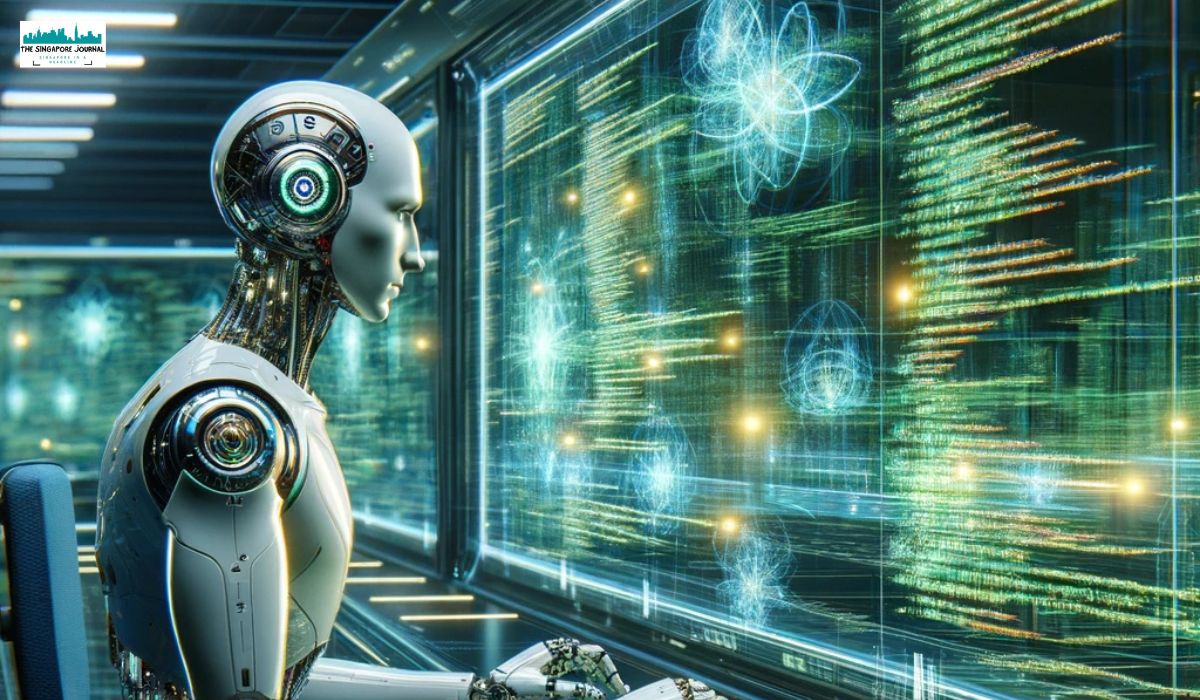Technology has become a somewhat unremitting phenomenon, changing the nature of jobs over the days, and computers are alarming the futures of particular professions and careers. Of all of these, the position of software engineering is perhaps the most vulnerable, for, as the speed of advancement of artificial intelligence (AI) technology, one of the pioneers for being Devin AI, enhances, the chances of changes at crossroads for the field of software engineering grow. The cardinal challenge now consists of the scale at which AI and automation may alter the structure and nature of software development, possibly leading to job loss and structure changes, as well as the evolutionary path that the field would take.
Automation’s Ascendancy in the Software Sphere
The influx of Artificial Intelligence (AI) in software development and, by extension, a paradigm shift are addressed to achieve better accuracy, higher efficiency, and reduced standard operational costs. AI-driven solutions, such as Devin AI and similar products, are the best option for replacing repetitive automated tasks, including compiling code and throwing lights over a small number of errors.
Reevaluating Job Security and Displacement Concerns
Whether the concerns related to AI-led job displacement are justified or not, they cannot be dismissed as baseless because, in the past, technology introductions have often been the reason behind the labor market turmoils. In contrast to the other fields, the narrative is much more complicated when writing the history of software engineering. Humanizing the task of AI to automate some of the more procedural tasks does not undermine the software engineering role of complex skill sets, which is natural to the work. In addition to this, the drive for innovation, grappling with complex problems, alongside a collective comprehension of users and organizations that are inherently not fully replicated by the current AI, is an attribute that remains beyond current AI capabilities.
For software engineering, it is no longer just about programming or coding. It’s about finding a solution for the static and dynamic requirements of end-users and enterprises that is equally scalable and efficient. A more suitable scenario is how software engineers’ tasks will evolve and remain. However, this means these engineers must adapt to the new environment where they work in cooperation with AI’s capabilities.
Programming’s Transformation Under the Aegis of AI
The ascension of AI into the software engineering realm is predicted to repurpose how software was ideated, processed, and programmed. Future software engineers may increasingly find themselves directing AI tools to use codes according to user commands, defining their role as strategic minds compared to when they were mainly focused on manual programming. With the transition to integrating AI and ML in development, software engineers must enrich their skills in data analytics and user experience design domains rather than sticking to AI and ML.
The change in the programming portfolio illustrates more broadly the transition to new roles rather than traditional roles and skills. Therefore, roles that comprise a blend of technical abilities with insight are emphasized, thus highlighting the importance of soft skills like leadership, collaboration, and effective communication as you navigate the AI-augmented realms of software development.
Pondering Future App Development and Software Development.
The future of software engineering in general, in terms of artificial intelligence, involves accepting that the numbers operating with human-AI cooperation are changing. AI is more of an “AI+” tool rather than a replacement for software engineers. The systems are only as robust as the engineers who conceive and implement them, but AI can extend their reach to deliver better-end products.
The continuous organic relationship between software engineers and AICatalysts is the birthplace of software that is developed much faster, easier, and with higher levels of intricacy and depth. Such a cooperation between the two brain wheels-human inventiveness and artificial intelligence is the harbinger of a new outlook on programming, which will lead to a production process of unprecedented dynamics and productivity.
Conclusion
The coming period we will see in software development is an interaction between what humans propose and the artificial means they use to show highly ingenious and essential software solutions. Going with the flow of the changing tides, the most significant necessity for software engineers would be to adjust their mindset to one of continuous learning and flexibility to equip themselves not only to collaborate but also to utilize AI as a powerful accomplice in the software development endeavors to match day-to-day demands of development for innovation and efficiency. The developing face of the software industry is not a sign of the death of this profession. Still, it is a signal of unprecedented opportunity for those software engineers who have the aptitude to adjust and triumph in the face of more technological advancements defined by the profession’s future.
Also Read:-

